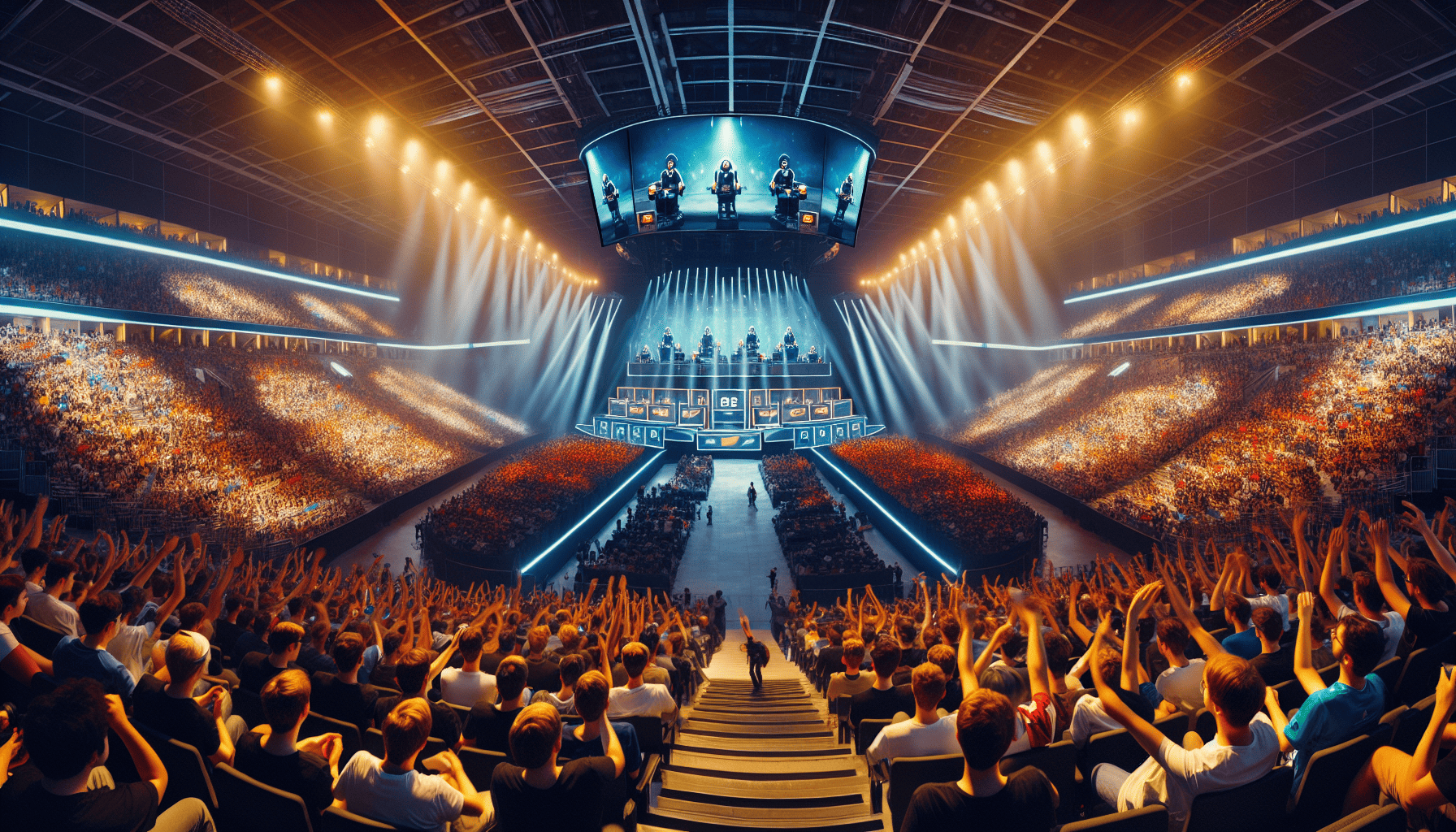The world of esports has rapidly ascended to prominence, evolving from casual grassroots gatherings to grand international championships that attract millions of viewers and generate significant economic impact. The growth of esports reflects broader trends within the gaming industry and society, where digital entertainment and competitive play merge into a spectacle that rivals traditional sporting events.
Esports began humbly, with small tournaments in local gaming cafes and community centers. These grassroots events were the foundation of what would become a global phenomenon. Players honed their skills and built communities around shared interests in games such as "StarCraft" and "Counter-Strike." The early 2000s marked a pivotal shift as technology improved, enabling higher-quality online gaming that connected players across vast distances.
The accessibility of online platforms allowed esports to break free of geographical constraints, cultivating a diverse and international player base. Developers quickly noticed the potential within competitive gaming, leading to the creation of titles specifically designed with esports in mind. Multiplayer Online Battle Arenas (MOBAs) like "League of Legends" and "Dota 2," along with first-person shooters such as "Call of Duty" and "Overwatch," expanded the competitive scene with their intricate gameplay and team-based strategies.
One driving force behind esports' explosive growth is its ability to adapt and innovate. Unlike traditional sports, which are often bound by static rules and physical limitations, esports evolve with technological advancements. New genres appear, game mechanics are updated, and fan engagement is continuously redefined, sustaining a dynamic environment that appeals to both players and spectators.
The impact of esports extends beyond gaming culture alone. The economic implications are substantial, with revenues from sponsorships, media rights, advertising, and merchandise sales surging. Esports organizations have emerged, professionalizing the scene with structured teams, trained coaches, and performance analysts. With prize pools frequently exceeding several million dollars, esports has clearly become a lucrative career option for top players.
Esports' influence on traditional sports is evident as well. Crossovers have become more common, with sports franchises acquiring esports teams and integrating them into their brand strategy. This synergy benefits both industries, as it broadens audience networks and fosters innovative marketing opportunities.
Moreover, the demographic reach of esports is significant. It resonates particularly with younger audiences who consume media in different ways than generations past. Streaming platforms like Twitch and YouTube Gaming have become indispensable for esports consumption, allowing fans to interact directly with players and influencers, thus fueling a sense of community and belonging.
Despite its rapid growth, esports faces challenges that need to be addressed to ensure sustainable development. Issues like player welfare, burnout, regulation of online conduct, and equitable gender representation must be navigated thoughtfully. The esports ecosystem remains a work in progress, requiring collaborative efforts from developers, organizers, and regulators to foster an inclusive and healthy competitive environment.
In conclusion, the rise of esports marks a transformative phase in the world of competitive gaming. Its growth from grassroots projects to major global events underscores the blending of tradition and innovation within the digital age. As technology continues to advance and cultural perceptions shift, the future of esports promises to be as thrilling and dynamic as the games themselves. With a constantly evolving landscape, esports stands not only as a testament to the power of gaming but also as a harbinger of broader cultural shifts in how entertainment is perceived and experienced.
